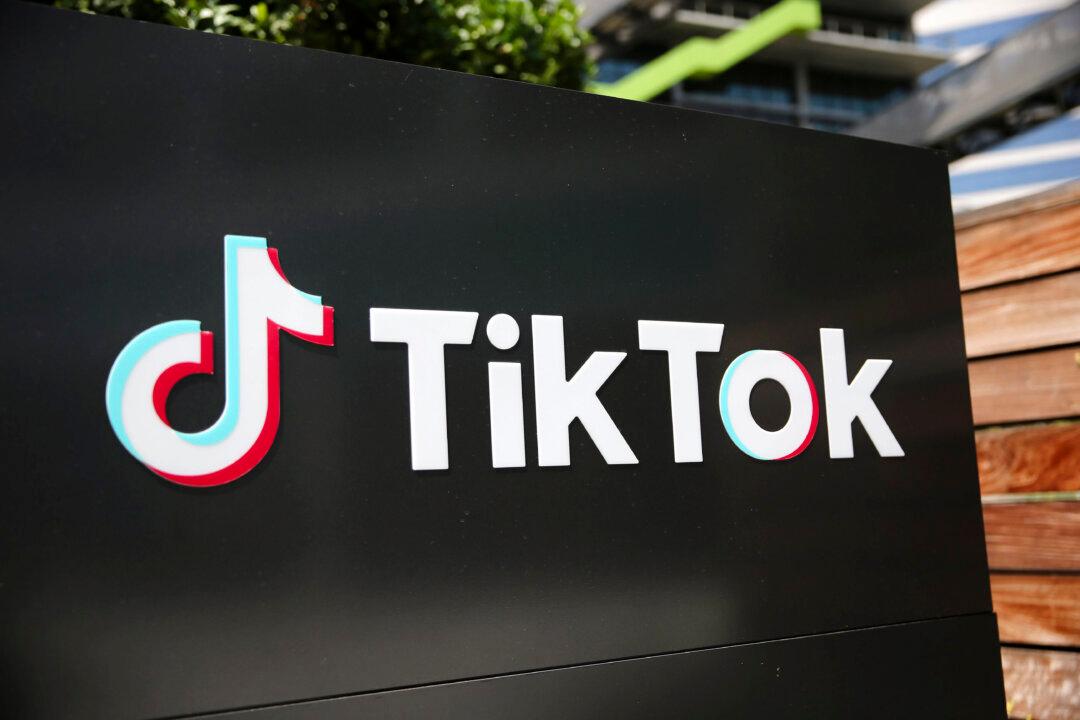A new bill would ban the TikTok social media app in the United States unless its Chinese-owned parent company divests.
The Protecting Americans from Foreign Adversary Controlled Applications Act would ban app stores from making TikTok available and bar U.S.-based web hosting services in the United States from hosting other applications created by TikTok’s parent company, ByteDance.




